It often feels like there just isn’t enough time to get everything done. No matter how many tasks we complete, there is always more to do. So, let’s explore five of the best productivity books. They can help you get more accomplished and free up valuable time by tackling essential topics, including:
- How to identify the one thing that will make everything else easier
- How to reclaim your time through the intentional use of technology
- How to regain the joy of deep, meaningful, and rewarding work
- How to get more done by understanding how the brain operates
- How to achieve better results through effective collaboration
Disclosure: This content is supported by avid readers just like you. (COMMENT DOWN IF YOU NEED ANY OF THESE BOOKS AT A DISCOUNTED PRICE!)
1. The One Thing by Gary Keller

It’s easy to make the mistake of measuring productivity based on how much time we spend working. But, real productivity should be measured by the results we produce, not just the time or energy we invest. Otherwise, we can fall into the trap of working long hours with relatively little to show for it.
The One Thing is about how to increase your results through focus and prioritization. It can help you identify the one thing that you must do on a given day to make everything else in your life easier. So, if your time and energy are being pulled in a million directions and you’re feeling overwhelmed, this is a must-read book for you.
2. Digital Minimalism by Cal Newport
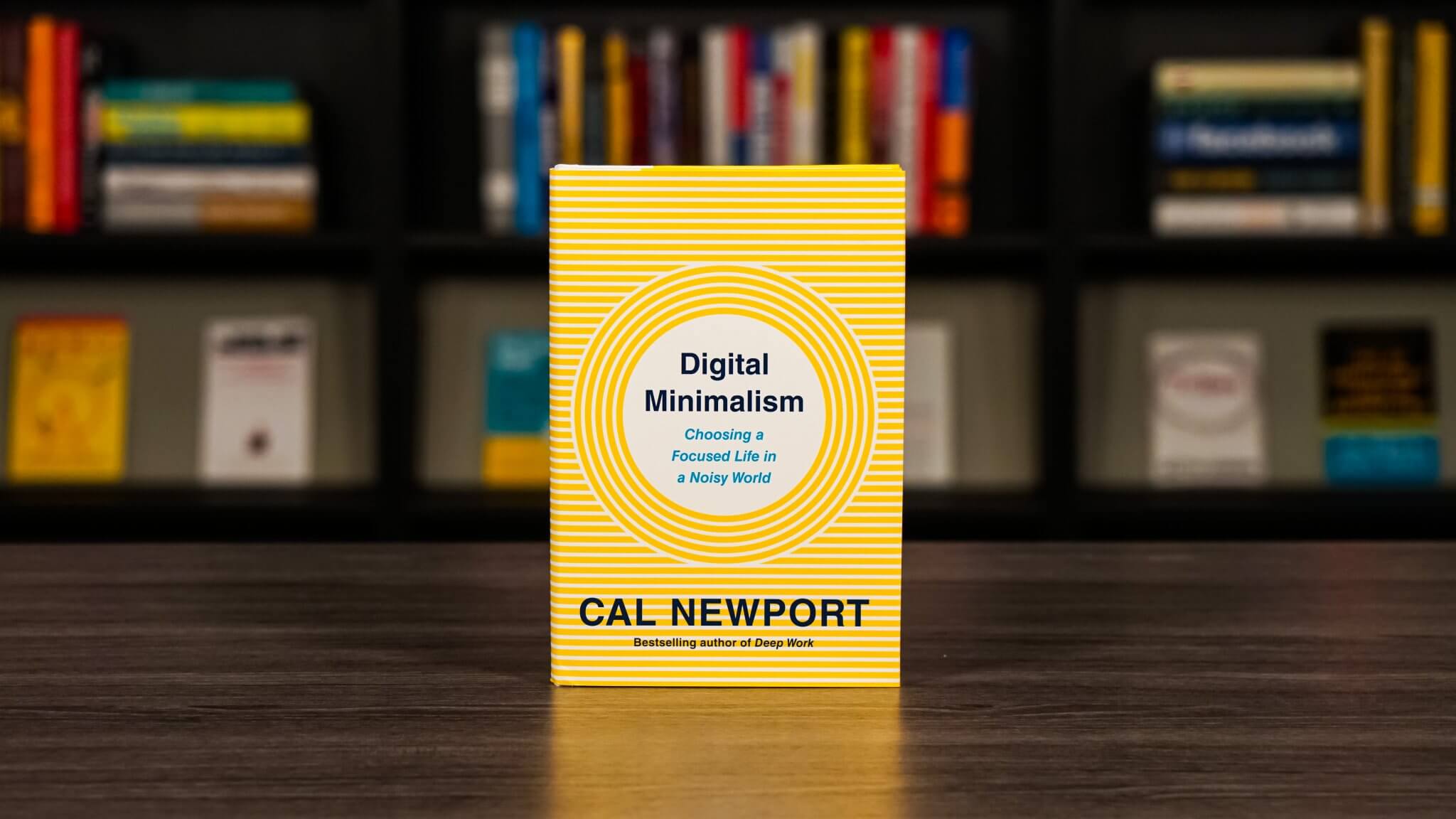
Today, we are more distracted than at any other time in human history. Between mobile app notifications, email alerts, and social media updates, it’s getting much harder to make productive use of our time. And, of course, things may get even worse as more and more technology is being designed to be addictive.
Digital Minimalism is about how to be more intentional when using technology. It’s packed with actionable advice for reclaiming time and improving focus. So, if you ever find yourself mindlessly browsing social media, endlessly checking email, or just being disrupted by random notifications, this book can help you take back control.
3. Flow by Mihalyi Csikszentmihalyi
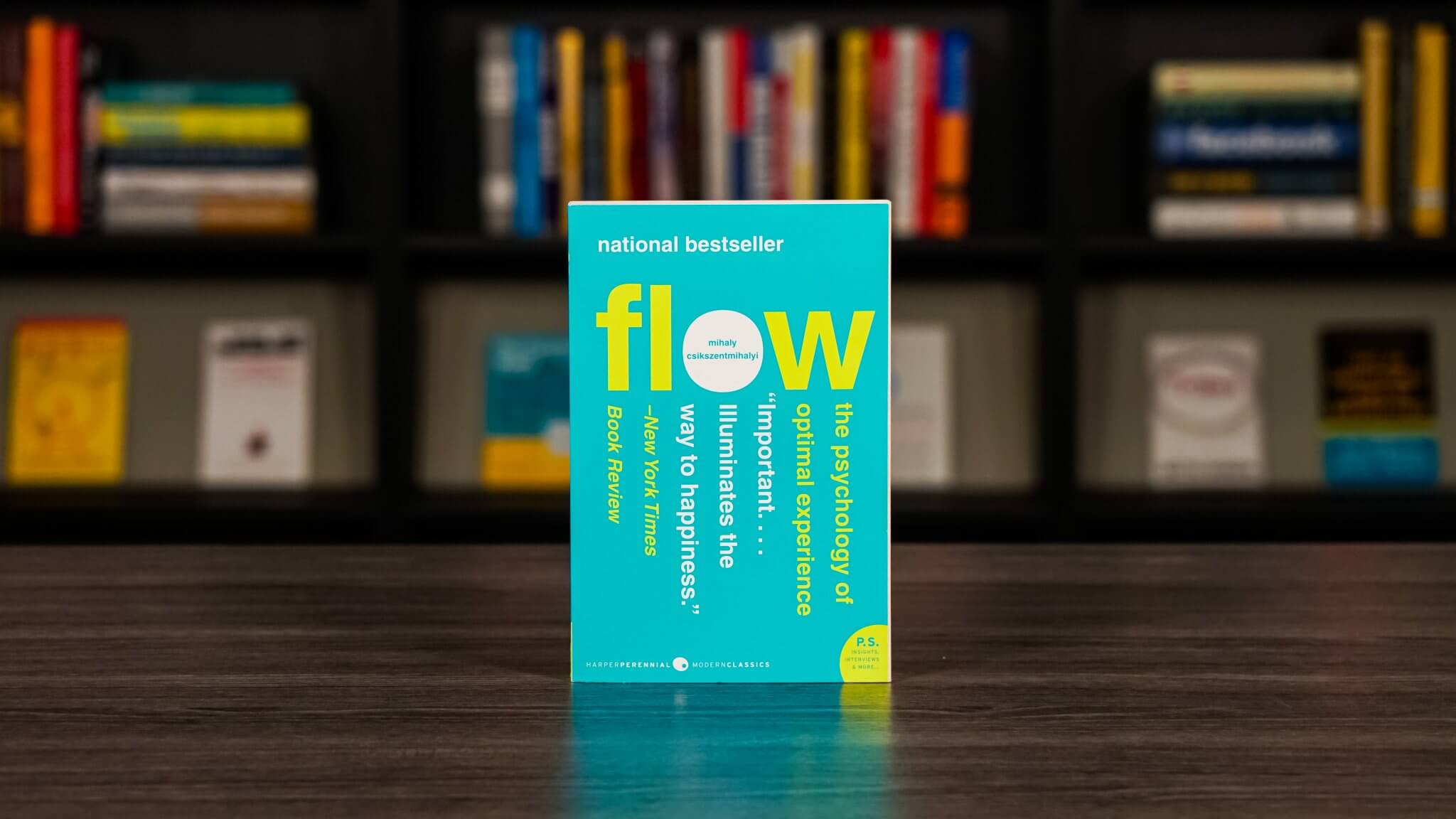
The issues caused by digital distractions go beyond the time we spend refreshing social media or endlessly checking email. That’s because these quick interactions shorten our attention span and hurt our ability to focus for extended periods. As a result, it’s rarer for us to experience the unique satisfaction that comes from deep, meaningful work.
‘Flow’ popularized the concept of a flow-state, a mental state in which we’re fully immersed in a single challenging activity. The book explains how the flow works, how to get into the flow, and how flow relates to happiness and productivity. So, if you want to fight back against the impact of digital distractions and regain the joy of deep and meaningful work, this book can help.
4. Your Brain At Work by David Rock
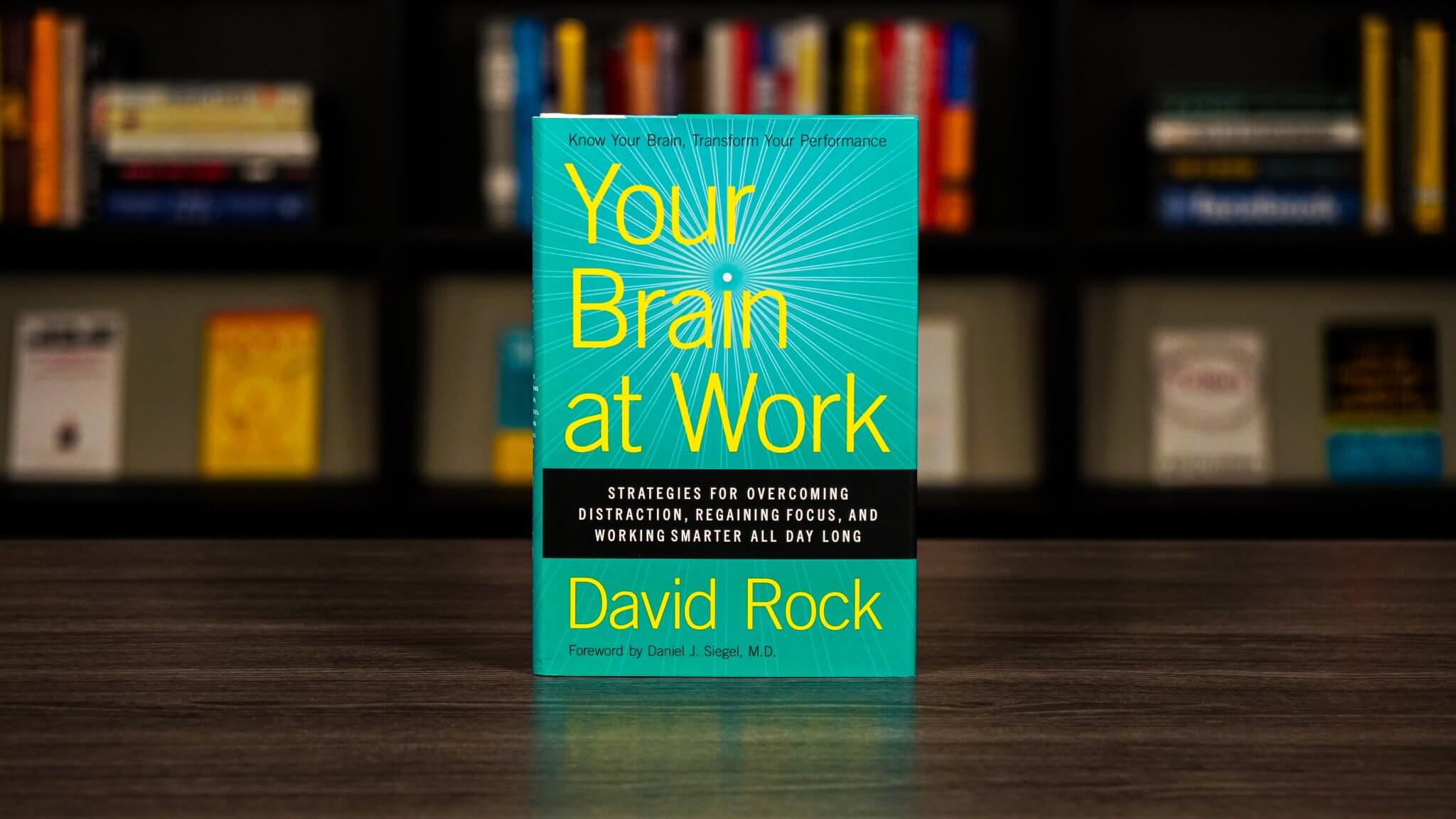
Two of the most valuable skills in business today include being able to do creative work and having the ability to collaborate effectively with other people. Unfortunately, many of us are experiencing increasingly high levels of stress. As a result, we’re less creative and are more likely to experience conflict when working with others.
Your Brain At Work explains how to boost creativity, collaboration, and productivity by understanding how the brain works. It’s a very approachable guide to understanding both the strengths and limitations of how our minds operate. And, it provides practical examples of how to adjust the way we work to perform at our best.
5. Who Not How by Dan Sullivan & Dr. Benjamin Hardy
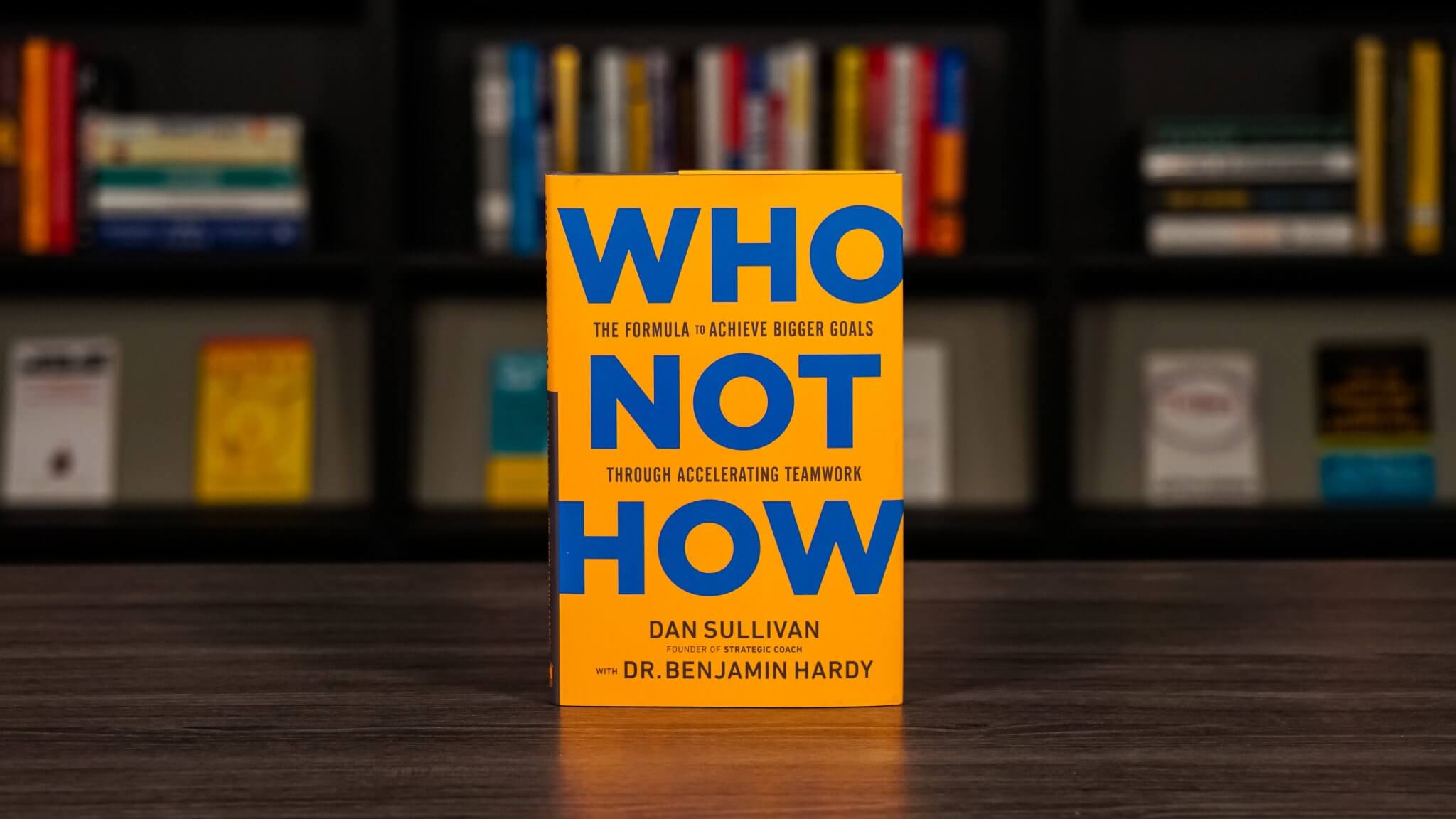
As entrepreneurs, we often have a limited view of how to improve our productivity. We learn new skills and try to get more done in less time, but we get stuck on the idea that we have to do everything or most things on our own. As a result, every time we pursue a new opportunity, our workload increases, or we have to let something go.
Who Not How is about how to achieve better results through collaboration with others. Rather than always asking, “How can I solve this?” when a new challenge or opportunity arises, this approach is about asking, “Who can help me solve this?” The goal is to tap into the skills, capabilities, and experience of other talented people to achieve more through effective teamwork.
SIGNING OFF - MANNY!!
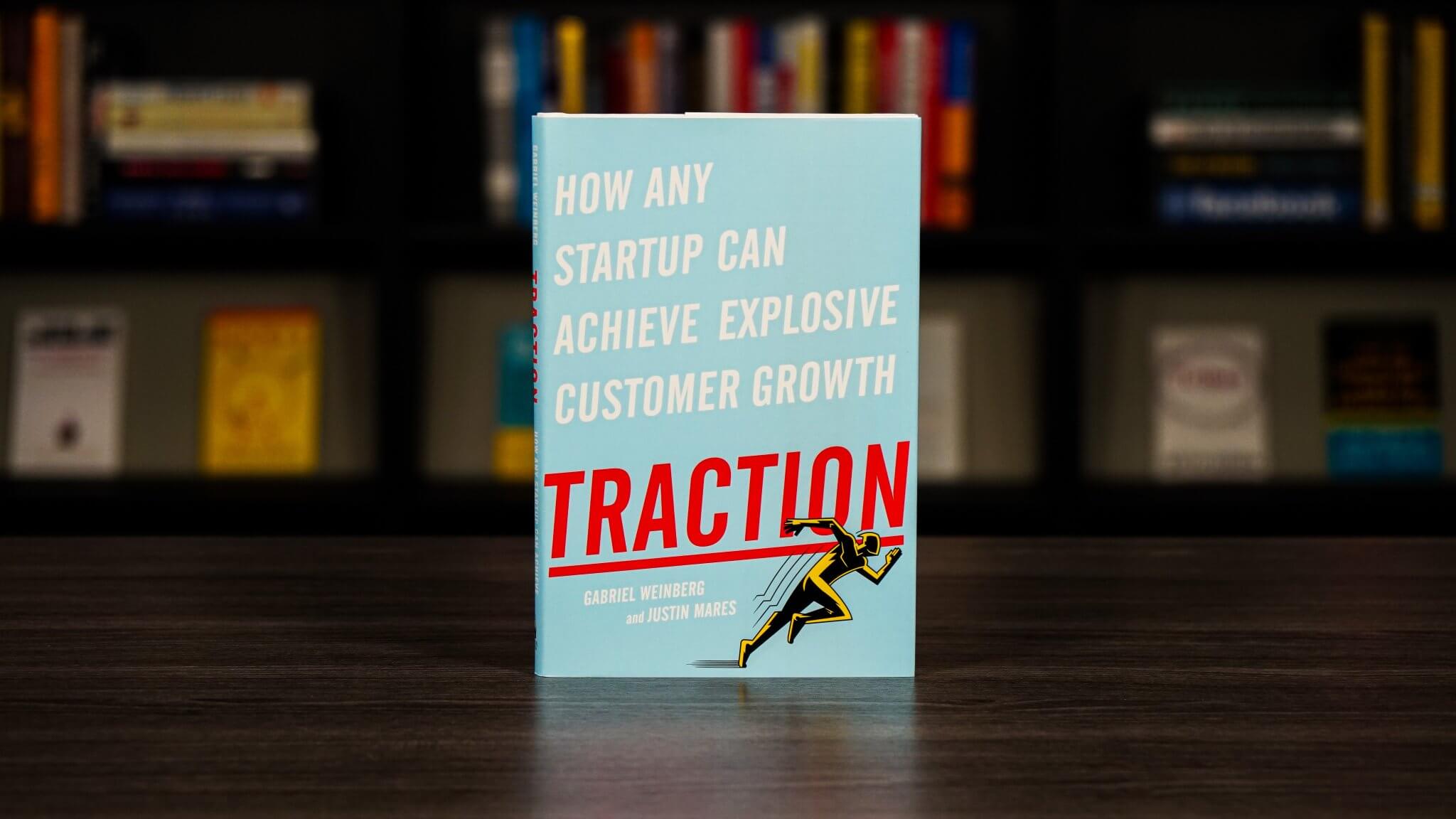
No comments:
Post a Comment